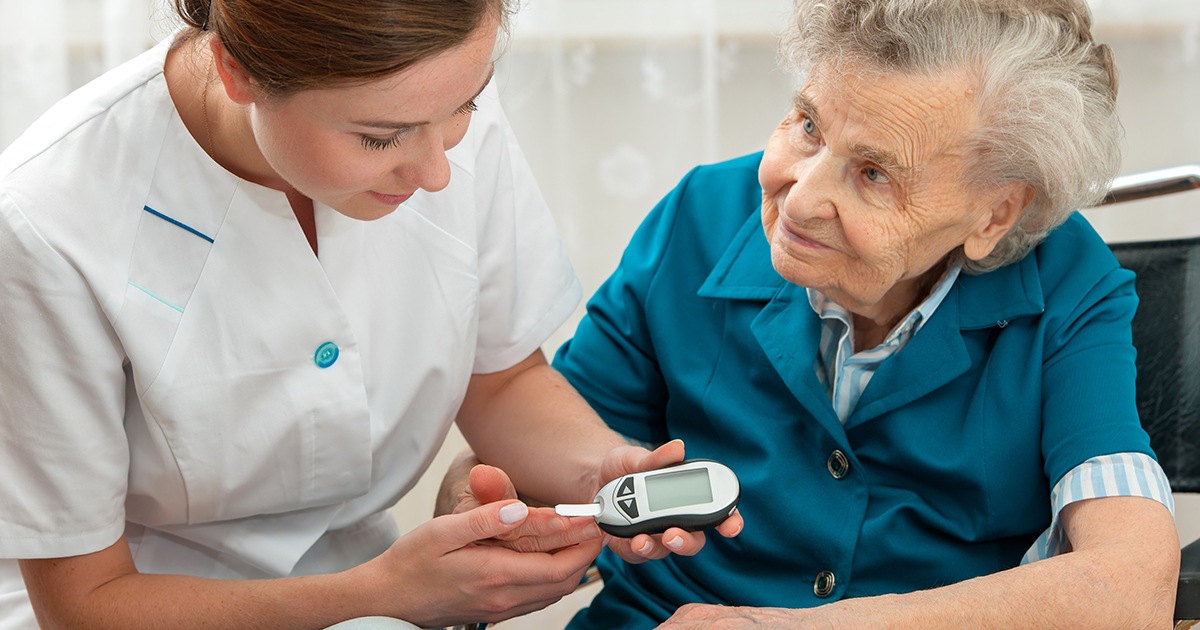An association has been found between a history of severe hypoglycemia and cognitive impairment in older people with type 1 diabetes.
The group of people studied, with an average age of 67, were more at risk of certain type of cognitive impairment if they had experienced more severe hypoglycemia in their life. Severe hypoglycemia was defined as a low blood sugar episode that required external help to recover from.
The study was led by Dr Mary Lacy from the University of California based in San Francisco. They studied 718 participants, who had taken part in the Study of Longevity in Diabetes (SOLID).
Analysing the self-reported data collected by the SOLID study, the researchers found that 32% of the participants had experienced severe hypoglycemia, while 50% reported severe hypoglycemia regularly during their life. This was then compared with certain measures of cognitive function, including a global measure, and more specific measures (language, executive function, episodic memory, and simple attention).
It was found that people with significantly lower cognition scores had also experienced more severe hypoglycemia in their life, compared to participants with no history of severe hypoglycemia.
Participants who scored low scores on language, executive function and episodic memory were more likely to have experienced recent severe hypoglycemia. Additionally, significantly lower cognitive function was associated with severe hypoglycemia during their lifetime.
The researchers concluded: “Among older adults with T1D [type 1 diabetes], recent severe hypoglycemia (SH) and lifetime severe hypoglycemia were associated with worse cognition. Recent SH was associated with impaired global cognition. These findings suggest a deleterious role of SH on the brain health of older patients with T1D and highlight the importance of SH prevention.”
Recognising and treating hypoglycemia quickly is key to good management of insulin dependent diabetes. Education in spotting hypoglycemia can help prevent severe cases that can leave people hospitalised, and is available for free through programs such as the Hypo Program.
The study was published in Diabetes Care, which is the journal of the American Diabetes Association.







